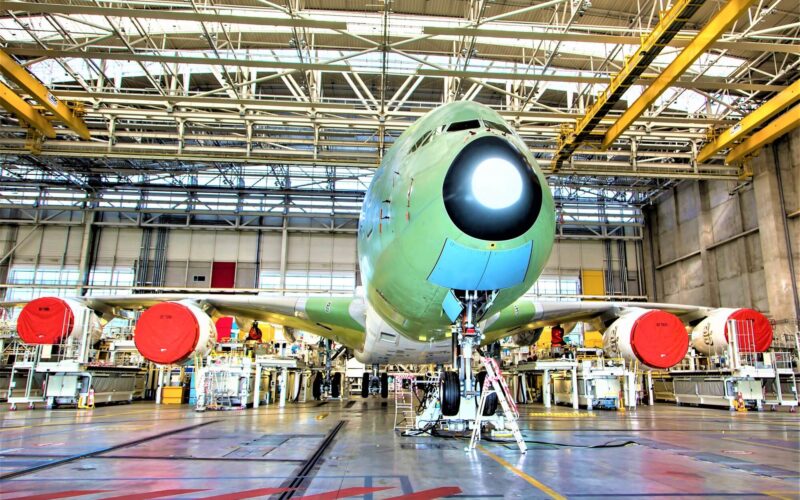Having already completely eliminated the use of Russian titanium in the production of military aircraft, European plane maker Airbus is trying to find alternative titanium supplies for its commercial jet production.
Airbus Defence & Space chief executive Michael Schoellhorn confirmed that the manufacturer plans to fully halt its reliance on Russia for titanium “within months”.
Even though the senior executive could not provide a precise date when Airbus will completely forgo Russian metals since “it is a relatively complex process with certification,” he ensured that “it will happen”, according to the company’s sustainability briefing seen by Reuters on December 1, 2022.
“We are in the process of decoupling from Russia when it comes to titanium. It will be a matter of months, not years. […] For the time being, Airbus still procures a certain percentage of Russian titanium, but we are clearly on a track of becoming independent of it,” Schoellhorn was cited as saying.
While the manufacturer is currently exploring potential new titanium sources, it has reportedly increased its metal acquisition levels from both Japan and the US.
Russia-based company VSMPO-AVISMA, which is considered the world’s largest titanium supplier, has been a major metal provider for both Airbus and its rival Boeing. However, Boeing cut ties with Russian providers in early March 2022, arguing that it had already found reliable alternative suppliers to continue its production uninterruptedly.
Why is titanium so important for aircraft manufacturing?
Titanium and titanium alloys are widely used in the aircraft construction process due to their characteristics, such as a high level of corrosion resistance compared to steel and aluminum.
Since titanium has both high strength and low density, it has a high strength-to-weight ratio, which allows plane makers to reduce aircraft weight without sacrificing structural integrity. Reducing weight helps manufacturers increase aircraft range while minimizing fuel use.

